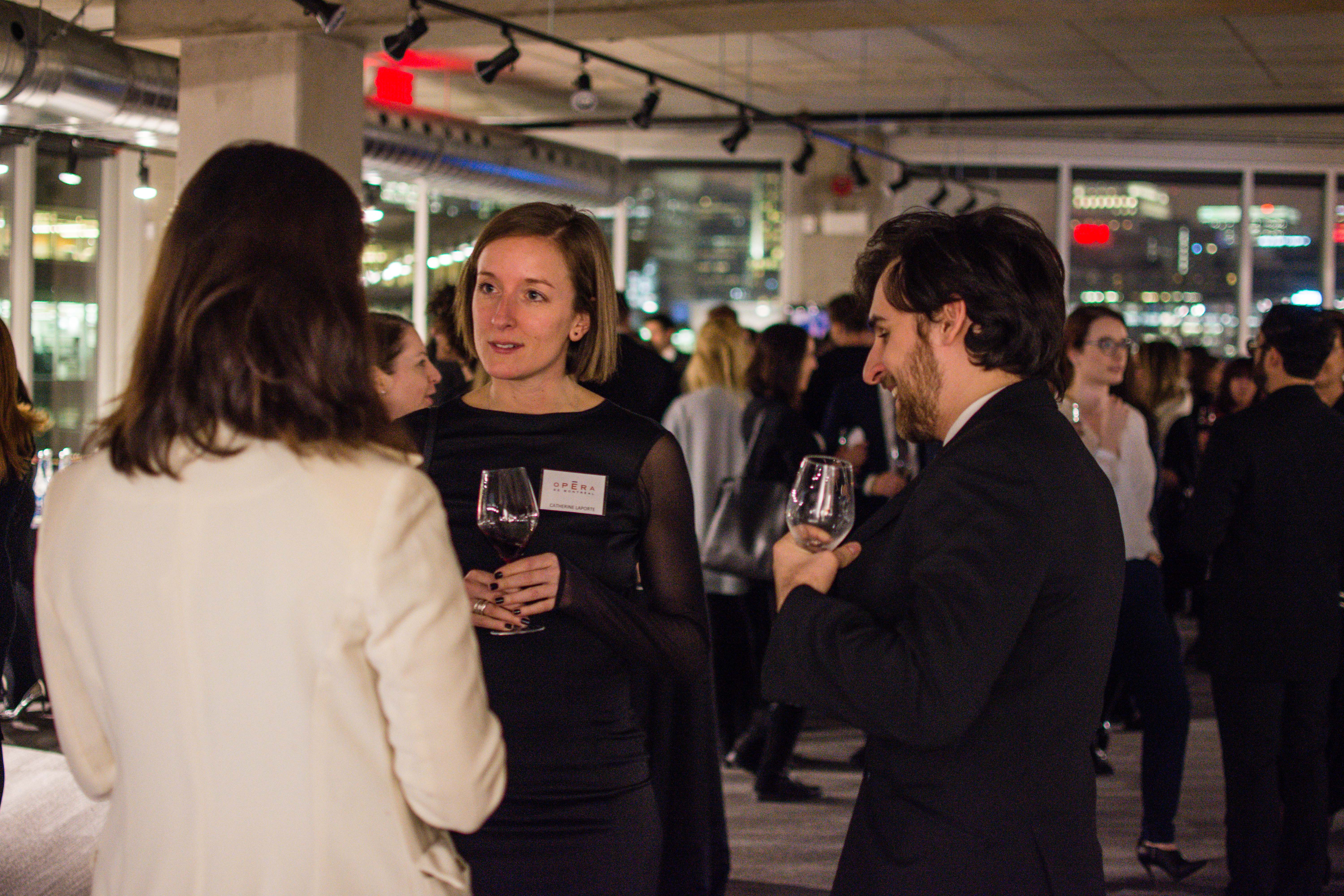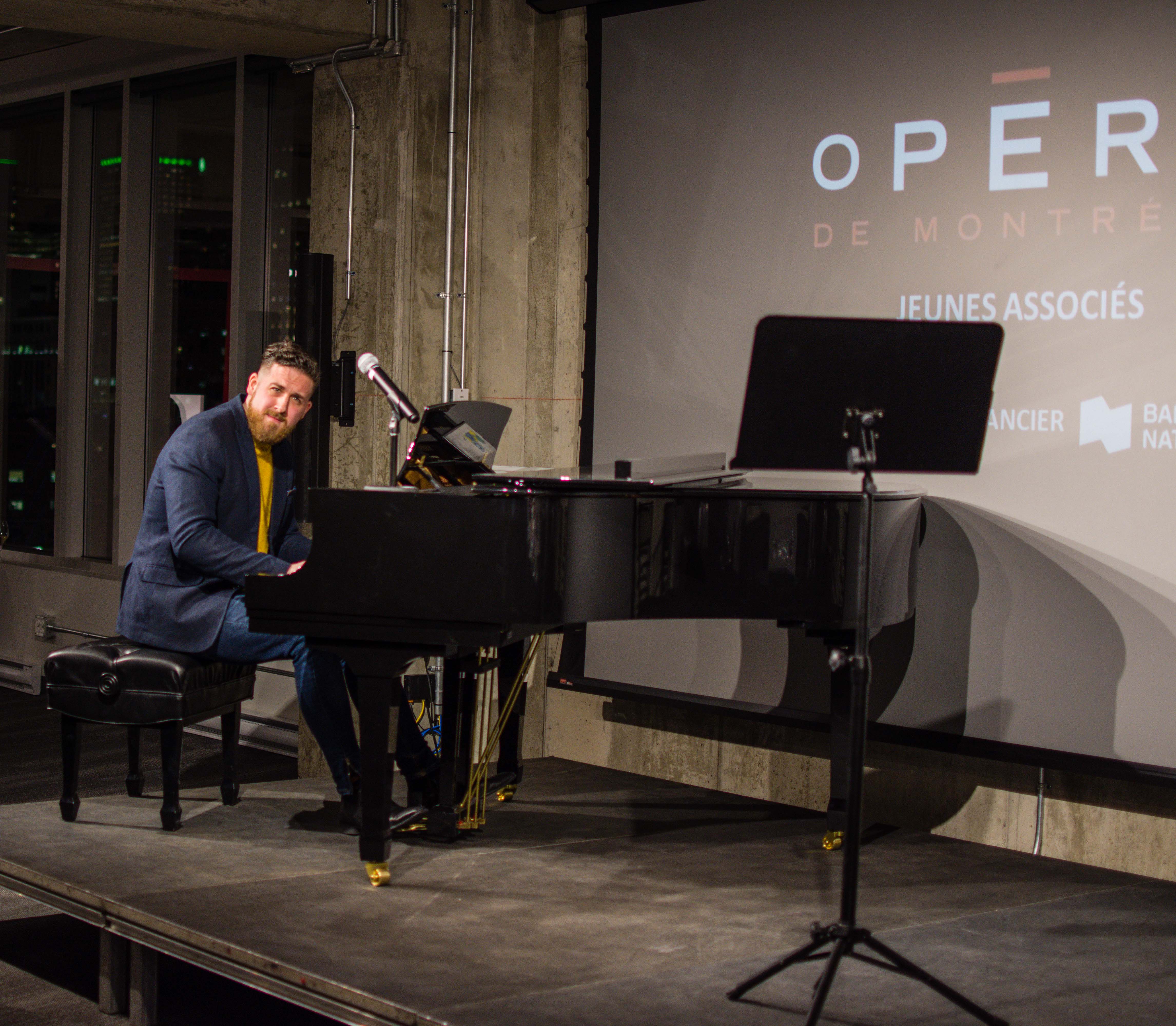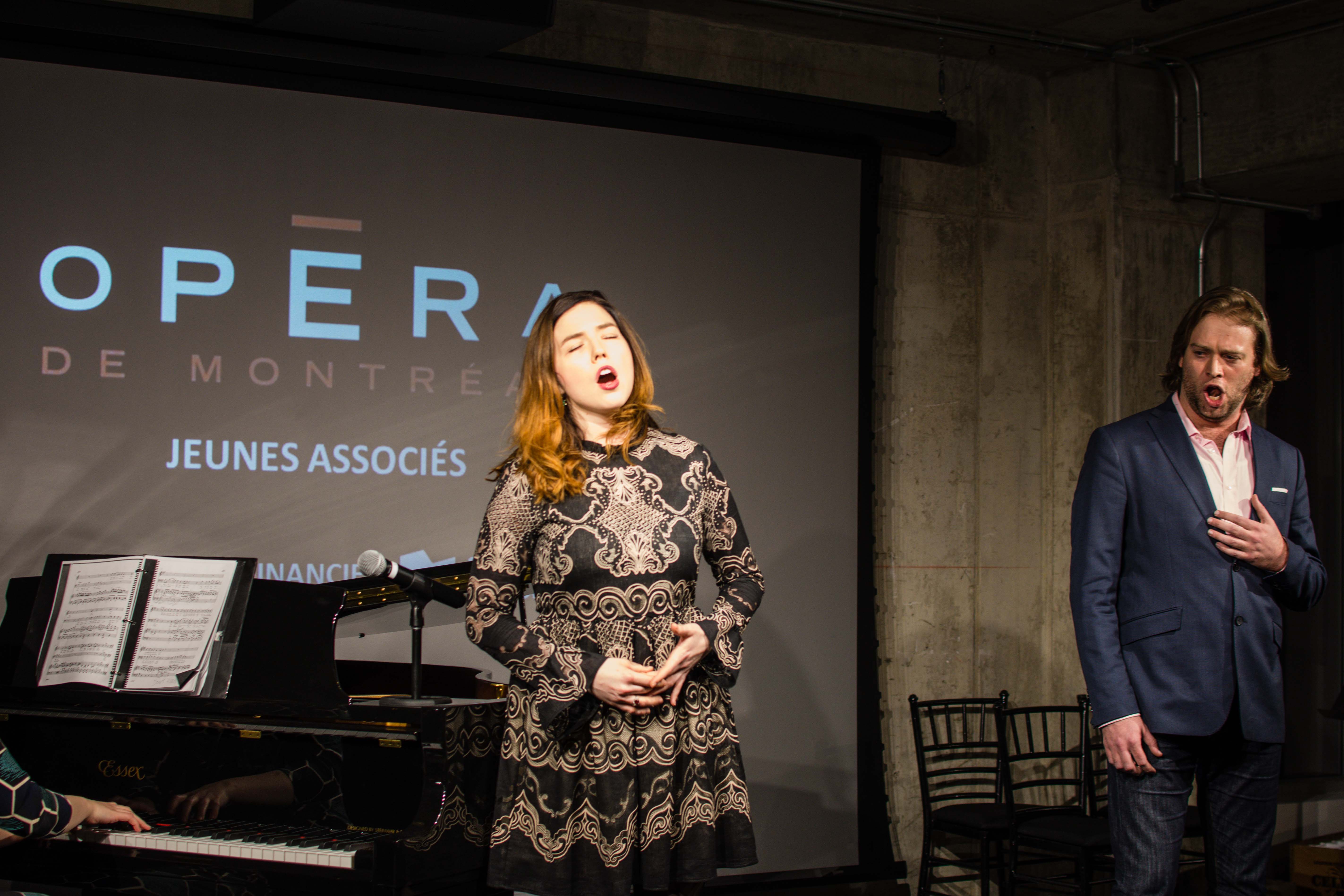3 Tips to Attract New Operagoers | Opera With Pearls

Opera is often referred to as outdated. Yet every year, young singers graduate from their studies in search of an opportunity to perform. So why are young singers not hard to come by, when developing a younger audience is a struggle of opera companies?
Some obvious points come to mind. To begin with, the battle between retaining faithful patrons who have subscribed year in and year out for over 30 years and attracting a younger audience boils down to their diverging tastes and interests.
Furthermore, the entertainment offering is so diverse and complete, we all must choose how we want to spend our time. There’s always something to do, whether it’s an evening at the new club in town or binge-watching Stranger Things on Netflix. Plus, throw some FOMO in there, and it’s a real mess.
AND, opera is expensive to put on! Between the cast, the orchestra musicians, the sets, the costumes, the administrative staff, the marketing, it is difficult for most opera companies to be sustainable without government funding or corporate and individual donations. All that together, and you can kind of understand why La Bohème and Così fan tutte return to the stage so often. They’re box office operas; an opera company can be certain to fill the seats.
Hence, staging modern operas – or even commissioning a new opera – represents a substantial risk. What if people don’t like it? For some even, it would essentially be like picking a restaurant at random and hoping for the best. If no one’s seen the opera and there are no reviews about it, how can companies get people inside the concert hall?
Back to our initial question then. How can we explain that there are so many young opera singers out there, yet so few young patrons? And the answer is quite simple.
Attracting new audiences isn’t lowering the ticket price or offering free beverages during the intermission. The reason opera is perceived as outdated is because it is unknown. Or the things we thought we knew about opera, usually turn out to be wrong. It is then logical to avoid the intimidating – and perhaps, embarrassing – the experience of going to the opera and opt for that Netflix binging option.
So how can opera companies break out of this stereotypical cage in hopes of developing a younger and diverse audience? Just last week, I attended a 5 à 7 hosted by the Opéra de Montréal in the brand-new offices of Stingray Music in Montreal, Québec. The room was filled with young professionals! Drawing inspiration from this evening, I came up with 3 tips for opera companies worldwide and for the opera-curious people out there.

Opéra de Montréal’s 5 à 7 at Stingray’s Head Office. Photo: Alex Lagueste
Tip #1: Get the support of your current young patrons
Young professionals are looking to expand their networks and their fields of interests, all while having a good time doing it. Many artistic-oriented organizations now work with independent committees dedicated to democratizing a specific art form, and opera companies should not shy away from those resources. These committees are made up of young professionals from various industries who are bringing their personal and professional experience toward sharing their passion– or a least their growing interest – for opera. They are the equivalent of the friend who suggests trying out a new restaurant. A first contact with the opera from a trusted source eliminates the intimidating step of entering the opera house and not knowing what to expect.
With social media, it’s easy to forget the importance of in-person interactions. But if the mountain won’t come to you, you must to go to it. The committees also organize small- and large-scale events for young patrons, such as cocktails before a performance to full-blown parties on stage. Those events are a great way to introduce new audiences to the world of opera in a setting that is not intimidating. Instead of having to sit quietly in a concert hall for over two hours, they can engage with others who are familiar with opera (or not!) all while sipping wine in a casual environment. Plus, the events are either free, decently priced or represent a donation (so a tax receipt!), which is much easier to accept than spending money on a concert you are not sure you will enjoy.

Operanation, Canadian Opera Company’s main fundraising event for art-patrons and the opera-curious.
Tip #2: Give opera the introduction it deserves
Either during an event, at a pre-concert talk, or on social media, it is important for opera companies to discuss the performance in terms that new operagoers will understand. There is no immediate gain in discussing the phrasing of a particular aria if the people listening do not understand those terms to begin with. And name throwing is usually useless unless you mention Callas or Pavarotti.
When you explain an opera, not only do you want people to understand, you want them to remember what you said. But more importantly, you hope that they will be able to later explain it to others as well. During the reception in Stingray’s Montreal Head Office, composer, producer and songwriter Pasquale D’Alessio compared Beethoven’s Für Elise to the present hit Havana by Camila Cabello. In short, this is what he discussed:
It’s not about being educated for the opera, it’s about being open to experiencing music in a different way – for the majority of the 20th century we have inherited the ability to perceive music through the genre of the song, so naturally, being confronted with opera is a challenge at first, however, music is a human universal and a reflection of drama so it becomes about shifting gears and expectations from song, to a different form using your imagination. People need to follow the drama, the character and intrigue, much like watching a film or binging Game of Thrones – and it’s important to know that it’s ok not to like what you see or hear, but that doesn’t mean you don’t like opera, it just means you don’t like THAT opera or THAT production. There is an infinite amount of ways to enjoy music by using the faculty of your imagination – think about how film has been able to input classical music into the mainstream like Mozart’s Requiem through X-MEN, Chopin’s Nocturne from The Pianist, and Moonlight Sonata in a thousand different places. The medium of film fills in the gap of what drama should be attached to an instrumental piece, and then, all of a sudden you have Mozart’s Requiem on repeat. So it isn’t a matter of education but of imagination, and unfortunately, as amazing today’s technology is, I’m afraid it might be dulling our capacity to dream. Music is a profound reflection of the oldest mode of being – drama, and it’s not a matter of the intellect, it’s a matter of the soul, so you must open up to it with your heart.

Composer, producer and songwriter Pasquale D’Alessio comparing Beethoven to Camila Cabello. Photo: Alex Lagueste
Tip #3: Give the audience a taste of what they’ll see
If you’re going to follow through with the first two tips, it is almost impossible – or unthinkable – to not finish with this last one. Show them what it’s all about! It might seem obvious, but it’s exactly because it is so obvious that you can sometimes miss it. The intimacy a small space gives is completely different than the experience you get from a 3000 seats venue. People are often impressed the first time they hear an operatic voice and are mesmerized by what the body can do. Plus, no evening would be complete without a performance!

Soprano Chelsea Rus and baritone Nathan Keoughan. Photo: Alex Lagueste
And because Pasquale writes better conclusions than me, I leave you with these hopeful thoughts.
There is a struggle in keeping the tradition of opera while moving forward, and it is my sincere belief that conservatism in opera can sometimes act as a noose around its neck. It’s important to understand the zeitgeist of the culture if opera is to become as culturally relevant as it once was, and that might mean a radical shift in its creation while maintaining at low resolution, its fundamental principles. The problem with the “purest” attitude towards opera is that it gives rise to ideology as opposed to genuine artistic belief – which knows no bounds. Remember, Mozart, Beethoven, Verdi, and Puccini were all considered avant-garde at some point or another, and what we call their “style” is merely a reflection of the underlying musical assumptions of their time. So why not use an all-electronic orchestra? Or melodrama composition techniques? Or operas with a plot so intriguing they are turned into Oscar-winning movies? Or motifs reminiscent of the latest Stranger Things opening theme? All should be possible and should be measured against the eternal standard of music – not the ideology of critics. One foot in the past, and the other in the future.
Pasquale D’Alessio, composer, producer and songwriter
Opera With Pearls challenges preconceived notions about opera as companies worldwide creatively redefine the art form. It is a lifestyle with opera at its core. All the glam without the snob.
Keep up with Opera With Pearls
Instagram: @operawithpearls
Twitter: @operawithpearls
Snapchat: @chatdopera
Facebook: /operawithpearls
This article was originally published on operawithpearls.com. Reproduced with permission from the author.
